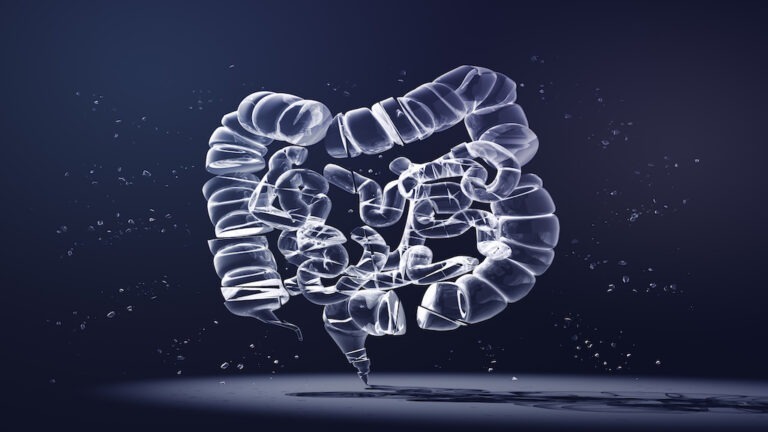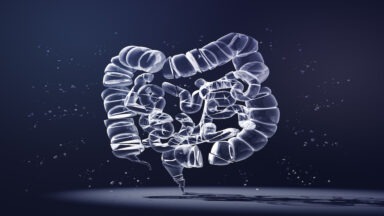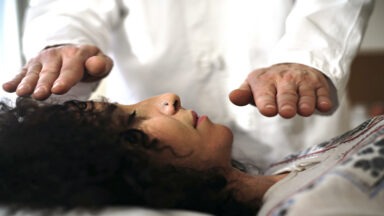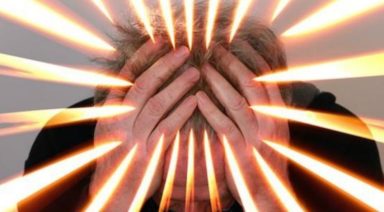Biorhythm Research is Creating New Paradigm in Women’s Health

Following decades of being excluded from clinical studies, women today are suffering dire consequences. Can new research finally reverse the misunderstandings and help women harness the power of their unique biology?
Kayla Osterhoff is a neuropsychophysiologist studying the mind-body connection, with a focus on women’s health.
“Well most people are probably not aware of this, but women actually represent the largest gap in health science research that exists today,” Osterhoff said. “This is perpetuated by a problem that actually manifested back in 1977 when the FDA formally banned all women of child-bearing potential from all clinical research. That ban remained in effect until 1993, and to this day, the damage has been done and women are still left out of the clinical research.”
“The reason why women are left out of the clinical research is that women are biologically complex, meaning that they are biologically, biochemically, and physiologically shifting constantly because of our female hormone cycle that drives our physiology. The other reason is that women are risky research subjects, meaning that they can become pregnant at any time during the study. So, while it is understandable from an ethical standpoint, it cannot remain in effect because women are really being disempowered by this gap,” she said.
The repercussions of this scientific gap have been profound and were highlighted in a recent study.
“From 1997 to today, what they found is that most of the drugs that have been removed from the U.S. market were removed because of side effects that occurred mainly or exclusively in women,” Osterhoff said. “Women represent 78 percent of all autoimmune diseases, and women suffer from depression two times more than their male counterparts. And women experience burnout 200 percent more than men.”
These serious consequences all stem from the misunderstanding of what Osterhoff calls the “missing link” in women’s health.
“The missing link is this: that women are essentially, physiologically, four different people over the course of a month, and this is because our biology, our physiology, (and) our biochemistry is constantly shifting with the ebb and flow of our female hormones throughout the month. These two key hormones of estrogen and progesterone impact a woman’s global physiology.”
Emerging research is finally starting to bear out the specific physiological characteristics of these biorhythms. Osterhoff has gone one step further to examine how these four distinct phases can be leveraged by women to better navigate their lives and promote wellness throughout the cycles.
“What we as women have to understand, is this biological complexity that keeps us out of the research is actually our superpower,” Osterhoff said. “Because of these neurological shifts that happen, in phase one a woman experiences increased cognitive empathy, a.k.a. intuition. In phase two, we have a greater ability for navigation and strategy. In phase three, our cognitive ability is charisma — we are more influential in this phase. Now phase four is what I call the ‘brainy phase’ — we have a heightened ability to learn and grow.”
How can women and society best use these understandings?
“For women to be properly supported, it would look like understanding that we are constantly shifting and that we require different environments, different infrastructures, and different support systems through the different phases of our biology. So the key takeaway here is that we need to include women in research equally. We also need to do specific studies focused primarily just on women so that we can start to shift the way that we view and support women in this world.”
Researchers Find Gut Microbiota and Mental Health Connection

Groundbreaking new studies are revealing the connection between gut health and mental health.
Researchers have known about the connection between the bacteria that live in your gut and the brain for some time, but when it comes to how closely they’re connected science has just scratched the surface. Now in a systematic analysis published in the journal Clinical Psychology Review researchers looked at 26 studies that assessed the role gut biology plays in anxiety and depression.
The findings showed people with anxiety and depression had different levels and types of microbes in their gut, compared to people without anxiety and depression. The digestive tract of people with anxiety and depression contained more pro-inflammatory bacteria species and had less of the type of bacteria that help regulate the central nervous system.




































